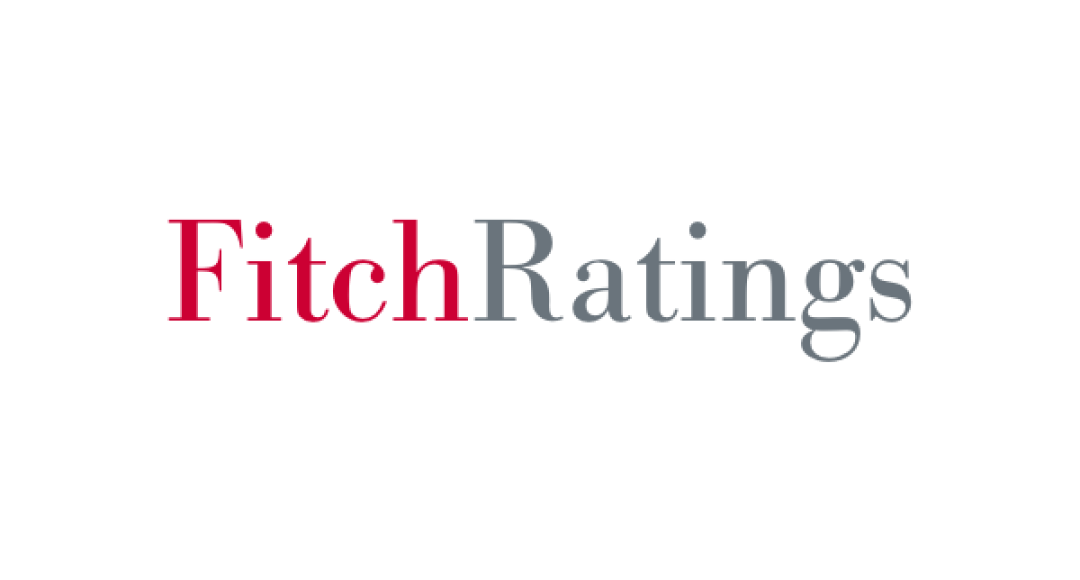
Fitch affirms Georgia’s IDR at “BB” with a stable outlook

On 7 February, the global credit rating agency Fitch affirmed Georgia's Long-Term Foreign-Currency Issuer Default Rating (IDR) at 'BB' with a Stable Outlook.
“A credible and effective policy framework and stronger governance indicators relative to 'BB' peers underpins Georgia's rating. Long-standing support from official creditors have helped reduced risks to macro stability and supported financing needs. These credits strengths are balanced by significant exposure of public debt to foreign-currency (FC) risk, high financial dollarization, and external finances that are significantly weaker than the majority of 'BB' category rated peers,” the updated report read.
It was further highlighted that Georgia’s economy expanded robustly in the year 2021, reaching a 10.6% GDP growth in the year. The report emphasised that Georgia’s economic recovery has been driven by domestic demand, strong inflows of net remittances, a partial tourism recovery, and fiscal stimulus (e.g., subsidies and social benefits). The growth in exports of goods also performed strongly due to the recovery of key trading partners and higher commodity prices. The agency forecasted Georgia’s GDP growth for the years 2022 and 2023 to be at 5.5% and 5.3% respectively.
The uncertainties surrounding the Covid-19 pandemic, as well as the developments in Turkey and Russia (as Georgia’s key trading partners) were highlighted as the biggest risks for the country’s economic outlook. In terms of inflation, the report stated that the annual rate in Georgia was accelerated to 13.9%, reflecting higher global commodity prices, lari depreciation and a spike in utility prices. It was estimated that the National Bank of Georgia (NBG) would start to bring down inflation in the country in the second quarter of 2022. On the other hand, the country’s financial developments were broadly stable according to the report, with Georgian banks managing to increase their regulatory capital buffers at 19.6%. Meanwhile, widened interest differentials between lari and foreign-currency (FC) loans have seen a pick-up in FC lending. However, as a share of total lending, FC loans declined in 2021 (50.8% in 2021 vs 55.7% in 2020).
The fiscal policy in Georgia remained moderately loose according to Fitch. The report said that economic growth and the expiry of 2021 Covid-19 related expenses will more than offset discretionary expenses in the 2022 budget, which include increases in public sector wages for healthcare, education and defence professions, increased pensions, and plans for higher infrastructure spending. The agency forecasted Georgia's 2022 general government fiscal deficit to narrow to 4.4% of GDP, after an estimated 6.1% of GDP in 2021. The government debt was also estimated to have decline to 50.1% in 2021 in comparison to 2020 were it peaked at 60.2%. External buffers also remained adequate, with foreign reserves (by Fitch's estimates) covering around 3.6 months of current external payments at end-2021 (although this is below the current 'BB' median of 5.6 months end-2021).
Georgia's governance indicators were also well above the current medians of 'BB' category peers (62.0 percentile vs 'BB' median 44.0 percentile). However, the report highlighted that political risk associated with unresolved conflicts involving Russia in Abkhazia and Tskhinvali (South Ossetia), as well the increased political polarisation in the country could influence the progress in structural reforms and the business environment in Georgia.
See Also


Armenia Records 5.9% GDP Growth in 2024, Missing 7% Goal

Yerevan Balances Strategic Ties with Both US and Russia, Says Foreign Minister

FM Mirzoyan: Peace Deal with Azerbaijan Is Within Reach

Pashinyan and Erdogan Hold Call, Reaffirm Commitment to Ongoing Dialogue

